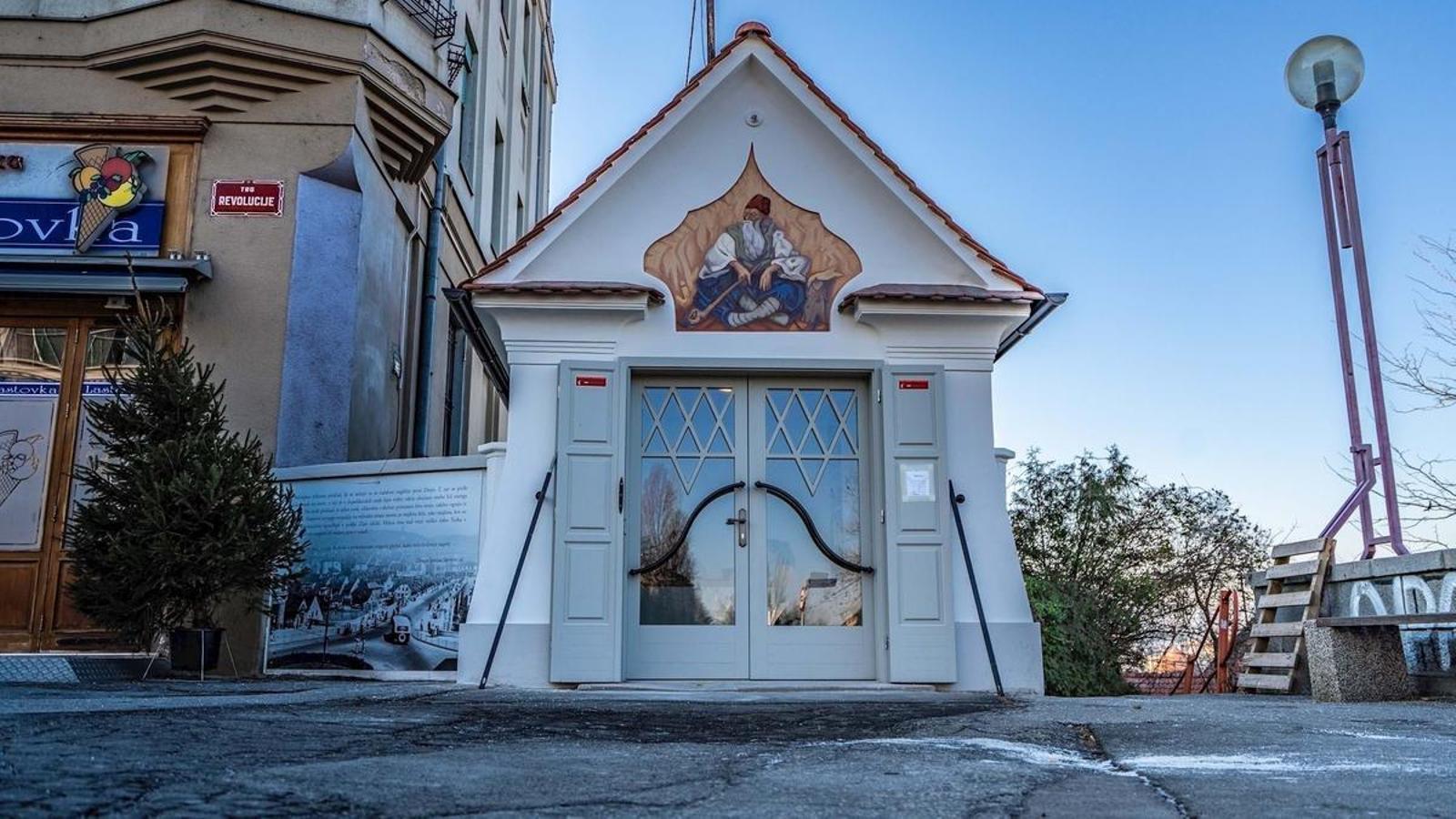The triumph of love in Europe's smallest museum


BarcelonaThe Slovenian city of Maribor is best reached by train. This is how entrepreneur Josef Erdman does it. in the book Aurora borealis by Drago Jancar. Don't worry, you won't find an almost apocalyptic landscape like the one in this novel set in 1938, when Europe was on the brink of tragedy. You can go down to the train station and walk leisurely up the Drava River, walking through the center of the town. The idea is to cross the river and reach a kind of kiosk you'll find next to the Plaza de la Revolució.
It's a small building presided over by a drawing of a man dressed in Ottoman clothing. Yes, this city, almost on the border with Austria, was once Turkish centuries ago, when the Ottomans were besieging Vienna. History always leaves its mark. In fact, you may have arrived by crossing a bridge named after Tito. Yugoslavia no longer exists, but Slovenians still honor the socialist leader's name in many places. And many say they were happy when he was in power. And that if they wanted independence, it was because things went sour once the marshal died. History, although they often try to turn it into a children's story, is difficult to understand, full of contradictions, as Jancar, the brilliant writer from Maribor who also speaks to us about love, has always explained.
In the 1930s, a boy named Ernest Papež went every day to the small kiosk to buy stamps just to see Antonija Rybachek, the owner's niece. They would marry and have two children. But in 1945, when the partisans liberated the city from the Nazis, Papež disappeared: he had collaborated with the Germans. Antonia was left a widow with two children and returned to work at the kiosk, where a socialist soldier, Alojz Menih, began to be seen doing the same thing Ernest had done years before: going every day to buy stamps he wouldn't use. And they married. A sort of triumph of life and love over the tragedy of a land that, as a border town, has suffered greatly. A city that once had many Germans, Jews, and Tyroleans. Until it fell into the abyss in the late 1930s, as Jancar masterfully recounts in Aurora borealisIn the book, a businessman arrives almost by chance just as a terrible crime is being committed. You'll find an idyllic villa, although if you scratch the surface of the past, it reveals other things. It also speaks of love, thanks to Trafika, the kiosk that's been converted into Europe's smallest museum: it can accommodate three or four people to discover the city's history and that old love story. In fact, they say that if you visit, you'll be lucky in love.
Recommendation for traveling to Maribor
Book: Aurora borealis
Author: Drago Jancar
Editorial: 1984 Editions
